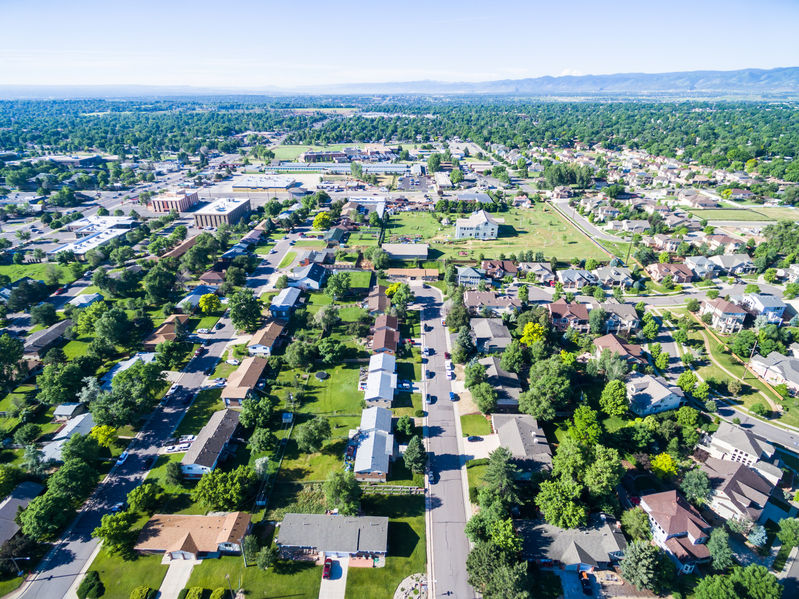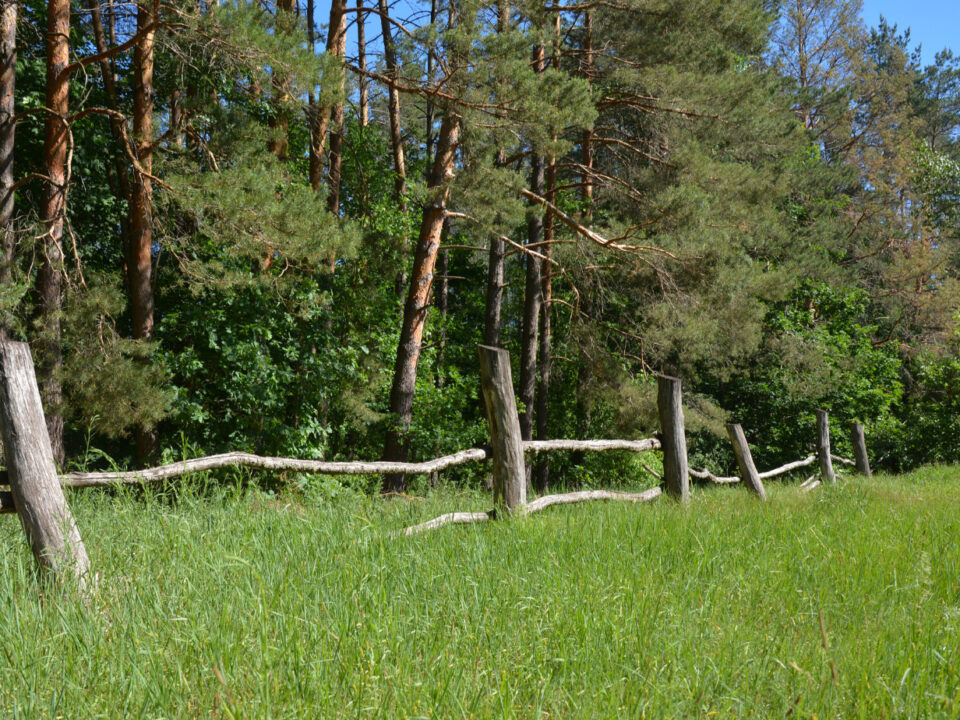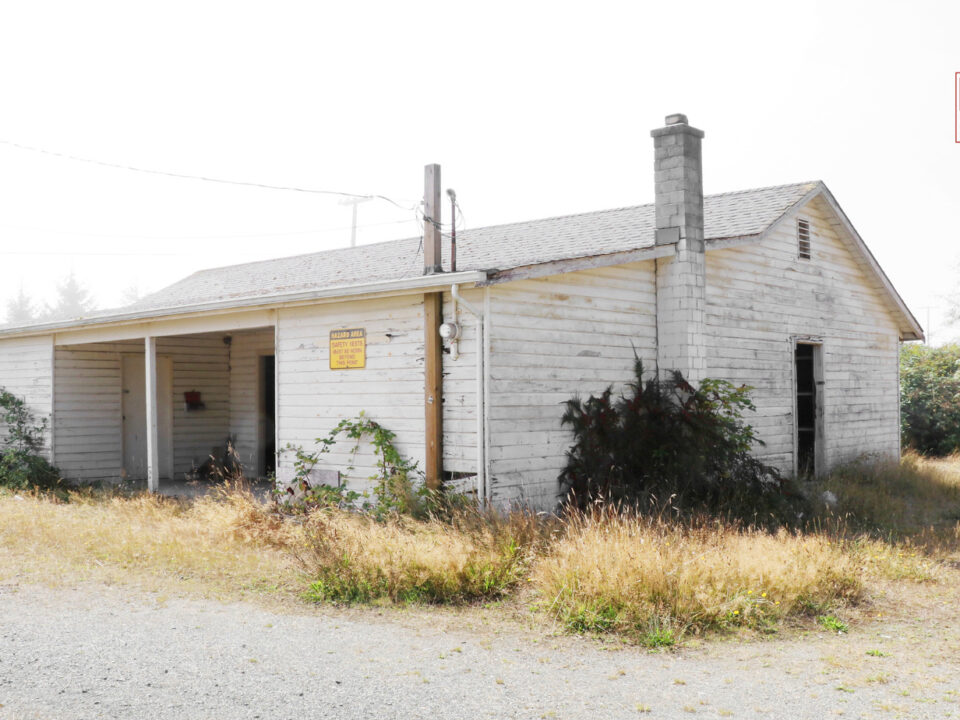- EXPERIENCED LAW FIRM IN TOLEDO, OH
- (419) 662-3100
How Do You Settle Land Disputes?

Top Questions to Ask Your Lawyer About Inheritance
March 2, 2021
How To Contest An Executor Of A Will
March 29, 2021Tips for Settling Land Disputes
Families can live side by side on properties for generations and never once question—let alone have a dispute over—exactly where the property line lies. Sometimes, landmarks such as trees or large rocks traditionally seen as reliable markers for borders aren’t necessarily so.
Whether the questions occur in a suburban neighborhood or you’re experiencing a farmers’ land dispute, it’s crucial to get the issue legally settled sooner than later. Does your neighbor want to—or perhaps has already begun—plant on the property you believe is yours? Is a neighbor removing trees or starting new construction and encroaching on your property?
Does your neighbor insist what you believe is your property is actually theirs?
The good news is that settling property disputes doesn’t have to be a massive headache so long as both parties remain reasonable. Even if there is some friction, you still have options to make sure claims are settled rightfully once and for all. You can even take steps ahead of time to lessen the chances of a future dispute.
Before a Dispute Occurs
Of course, it’s always best to address issues before they arise, or, at least, to be prepared to settle a dispute early on.
Have the property line surveyed
The best way to accomplish this is to have a clear, written record of your property and its boundaries. Ideally, the property has been surveyed, and you have kept a file of the details of the surveyor’s map. Boundaries and identifying features should be marked. A relatively current surveyor’s map is a good idea if previous property records are no longer available or identifying boundary markers have changed, such as a tree grove that changed size or an old fence that no longer exists.
If you’re purchasing a new property, it’s best to have it surveyed ahead of time, and you’ll have to decide beforehand which party will be paying for it.
Get everything in writing
In some older rural communities, it’s not unheard of for property lines to be determined by verbal agreement. It’s a more old-fashioned practice that has its charm but can be troublesome should a dispute arise. Once one of the parties who established the verbal agreement passes on or moves away, it’s difficult to enforce an agreement not covered in writing.
To have legal protection regarding your property lines, it would be better to have any verbal agreements put into writing. An attorney can help you draw up papers that will clarify any oral agreements made.
Become familiar with local property laws and regulations
Just because you own property doesn’t mean you have absolute rights regarding it. Your property might have come with an easement that allows others access to your property. Gas, water, or mineral rights might be owned by someone else despite being on your property. Ensure you are aware of any conditions associated with your property or with the property you intend to purchase.
You will also want to check local zoning regulations. Some lands do not allow for residential buildings, for instance, or have restrictions regarding building expansion. You’ll want to see if such entities as the U.S. Forest Service or Bureau of Land Management have any impact on what you can and can’t do on your property.
When a Dispute Arises
Even if you’ve done all of the work needed to establish your land use and property lines, conflicts with a neighbor may still occur. Should this happen, you need to know how to respond.
Talk calmly
It’s easy for arguments to get heated and for words to be exchanged that you might later regret. When a dispute arises with a neighbor, it’s best to try to resolve the issue calmly. Arrange a sit-down to go over the various questions and conflicts—and to find mutually agreeable solutions. You might discover some factors that you’d not considered previously, such as an easement or agreement you were not once familiar with.
See if you and the other parties can come to a peaceful solution without the expense of a legal fight.
Be able to show documentation
To support your side of a dispute, have all available documentation on hand. This includes a surveyor’s map and report and deed descriptions, tax documents, and subdivision maps. Try to have as much official documentation as possible to settle your property line questions.
Hire a mediator
Sometimes the only way to settle a dispute between two parties is to bring in a third. An attorney can sit down with everyone, review the arguments and documentation, and offer advice on how to settle the issue best. This is especially useful when one of the parties is a government entity.
Not every dispute needs to end up in court. A good mediator can help both parties find a mutually agreeable solution and then draw up papers reflecting this solution.
Getting Legal Assistance
Settling land disputes can be a stressful experience in many cases. There can be many questions depending on the kind of property and how the property is being used.
You can save yourself from many of the headaches associated with settling disputes by contacting the legal experts at Heban, Murphree & Lewandowski, LLC. Whether it’s a question of an easement, property rights, or a neighbor’s farm infringing on yours, their team can help guide you through your options and find your best solutions.









